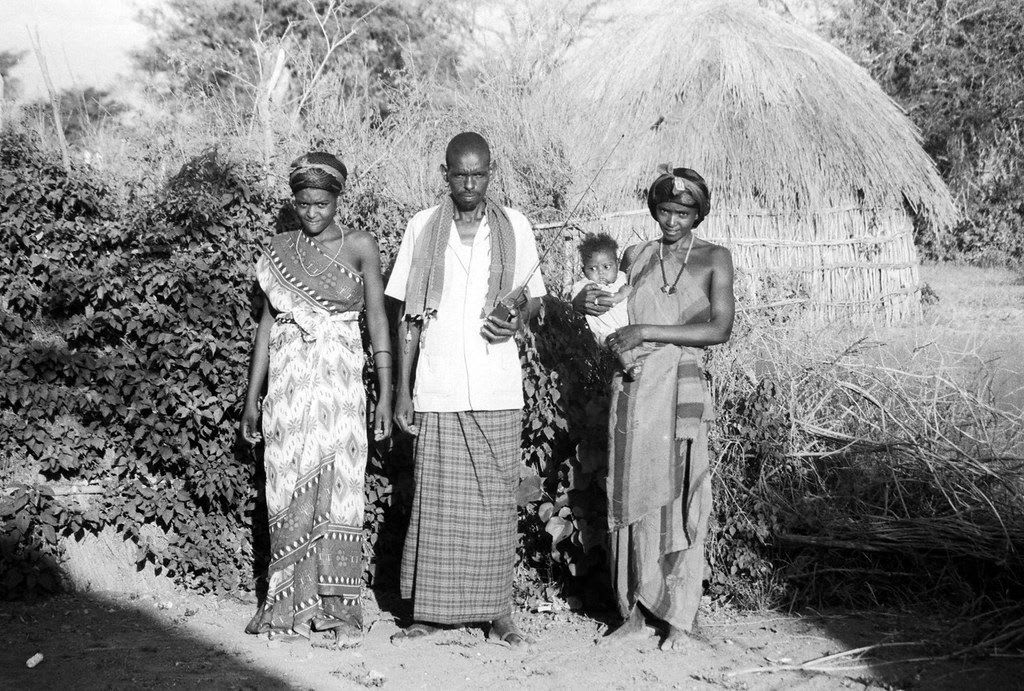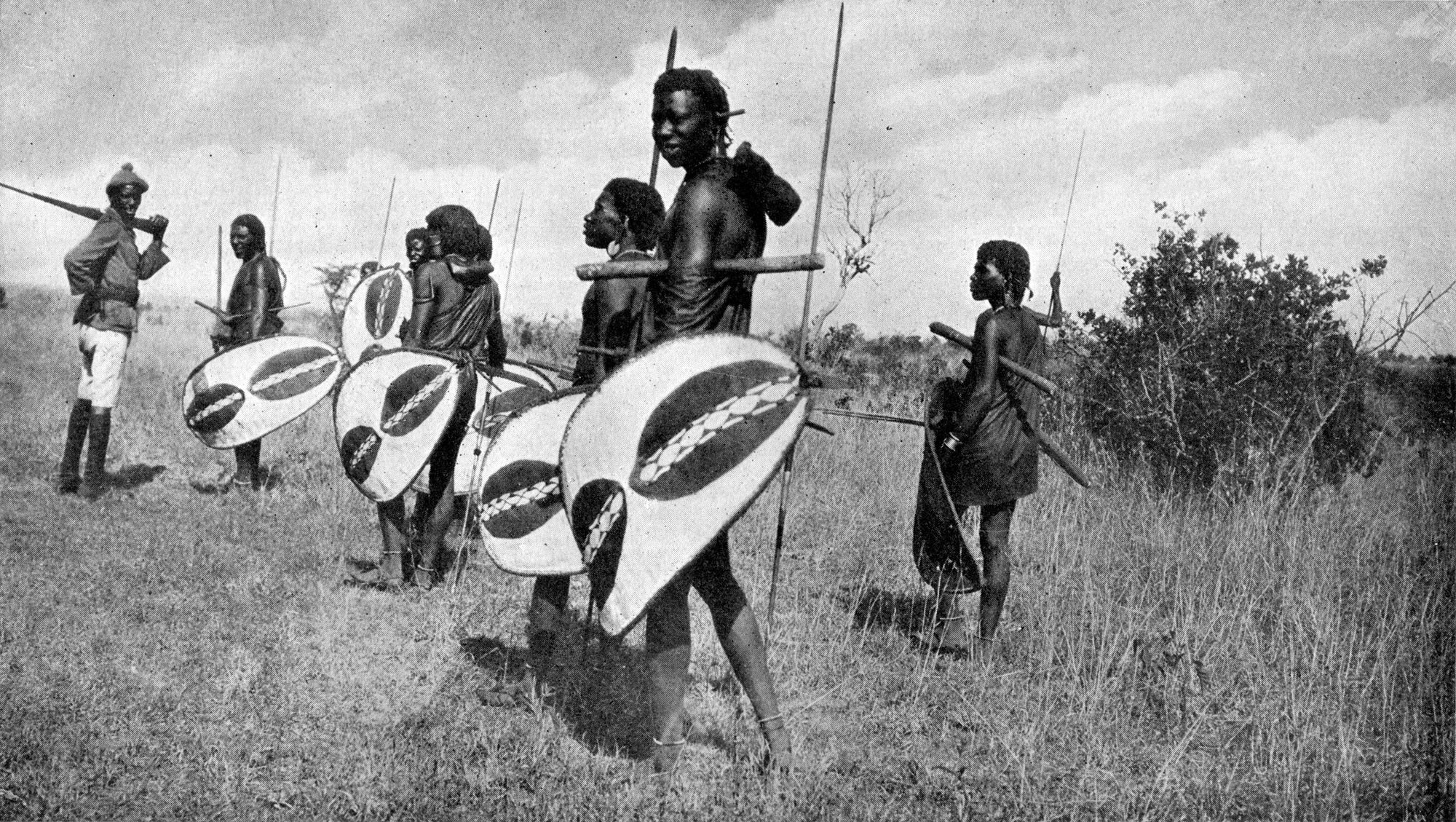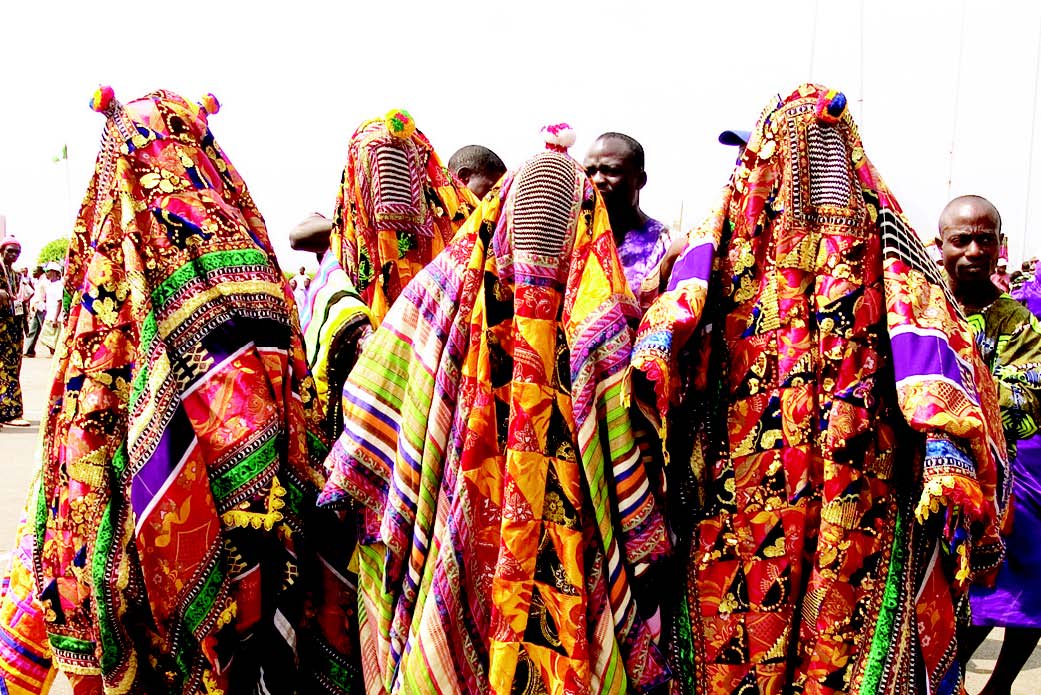Most African families are traditionally patrilineal societies, there is the actual father as well as big and smaller fathers. The “big” father, who often plays a role similar to that of the father (head of the household) in most extended African families is almost always the uncle. An uncle plays a pivotal role in most African families and in this article we will discuss why.
Similar to a father’s role in the nuclear family, the uncle is also the pillar of the extended family and is the one who deals with the main matters of the family. Family is very important throughout Africa. Families, not individuals, are the building blocks of African society. Most people live in households that include not only the nuclear family, i.e., mother, father and children, but also members of their extended family – grandparents, aunts, uncles, cousins and others.
Similar to an aunt, uncle is not a universal kinship term. In Hawaii for example, there’s no uncle term because mothers’ and fathers’ brothers are included in the same category as the father. In English-speaking countries, however, “uncle” is an umbrella term for the mother’s brother, a father’s brother, or the husband of one’s aunt. Neither English nor French distinguishes between the father’s sister’s husband (a relative by marriage) and the father’s brother, which is a relative by blood. Both are uncles.
In contrast, the kinship terminology in many non-English speaking, Western societies distinguishes between consanguineal (biological) and affinal (marital) uncles. In Denmark and Norway, for example, morbor refers to a mother’s brother (and usually also the husband’s sister) while farbrorrefers to the fathers’ brother. Although affinal ties can be broken (as in divorce), consanguineal ties are rarely severed.
In many nonindustrial societies, however, maternal and paternal uncles typically play a critical kinship role. In patrilineal kinship systems, such as in most African countries, where descent and inheritance are vested in males, the father’s oldest brother has the authority and responsibility to make decisions affecting the household during the father’s absence or death. In other patrilineal societies, such as the Batswana in Africa, a mother’s brother must be consulted on all matters affecting his sister’s children. He helps with food, clothes and other gifts at all rites of passage. He further acts as a mediator when disputes arise between father and son, and has veto power when the children’s marriages are arranged.
According to Ramodise Moikegi, an author from Botswana, “Uncles play a pivotal role in most African families. In the Setswana culture, an uncle is referred to as “malome,” which in the English language means “the ones who puts things together/makes things work. This pretty much sums up his role in the culture. For instance, marriage proceedings cannot begin without an uncle. He plays a big role in the entire process; he leads the delegate that engages the wife-to-be’s family, he leads the bride price negotiations. Even when there are family conflicts, it is often the uncle who is called on to resolve and/or mediate.”
The same applies to Ghana. According to Kwabena Kojo, a professor of sciences from Accra, “The brother of a deceased man is referred to as “father” by the late brother’s children. The children can also describe or refer to him in the same way when their father is still alive. The Ashanti is a matrilineal culture and the maternal uncle plays a more important role than the father and the paternal uncle. Even with the father figure present, traditional wedding practices cannot and will not begin without an uncle figure. The role of an uncle becomes more pivotal to even that of the father, who is often known as “the head of the family in most African cultures.”
In African culture, the uncle’s role is tantamount to that of the ‘godfather’ in Western culture. He is essentially a second father to children – when they misbehave, it is he who is called on to discipline and/or reprimand them. He plays a big role in educating them about as well as inducting them in their culture. Similar to a father figure, he also makes sure that the relative families are well taken care of; that is to say that, he too provides for the families. He is also an enforcer of key cultural practices – they cannot happen outside of his presence and/or his say.









